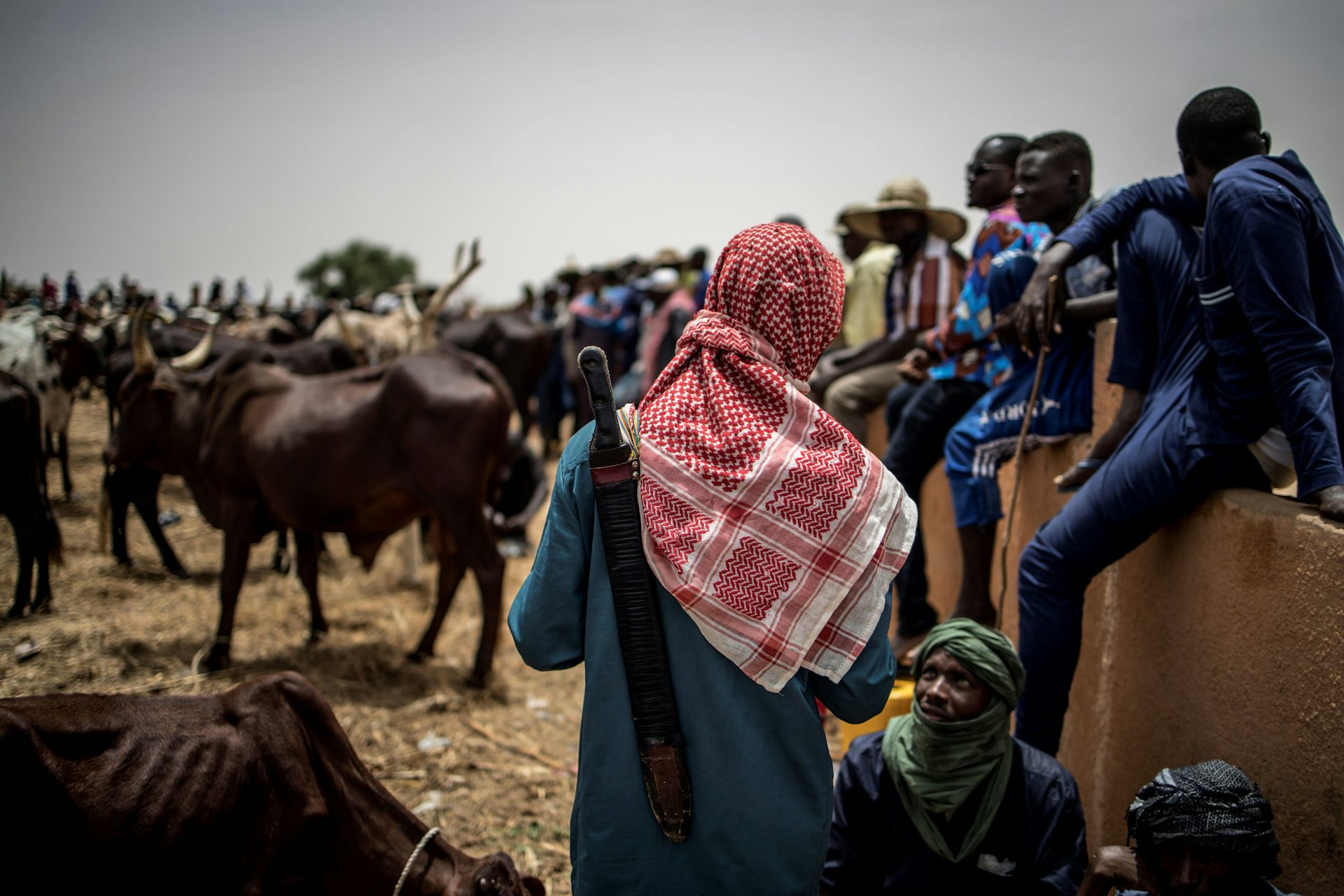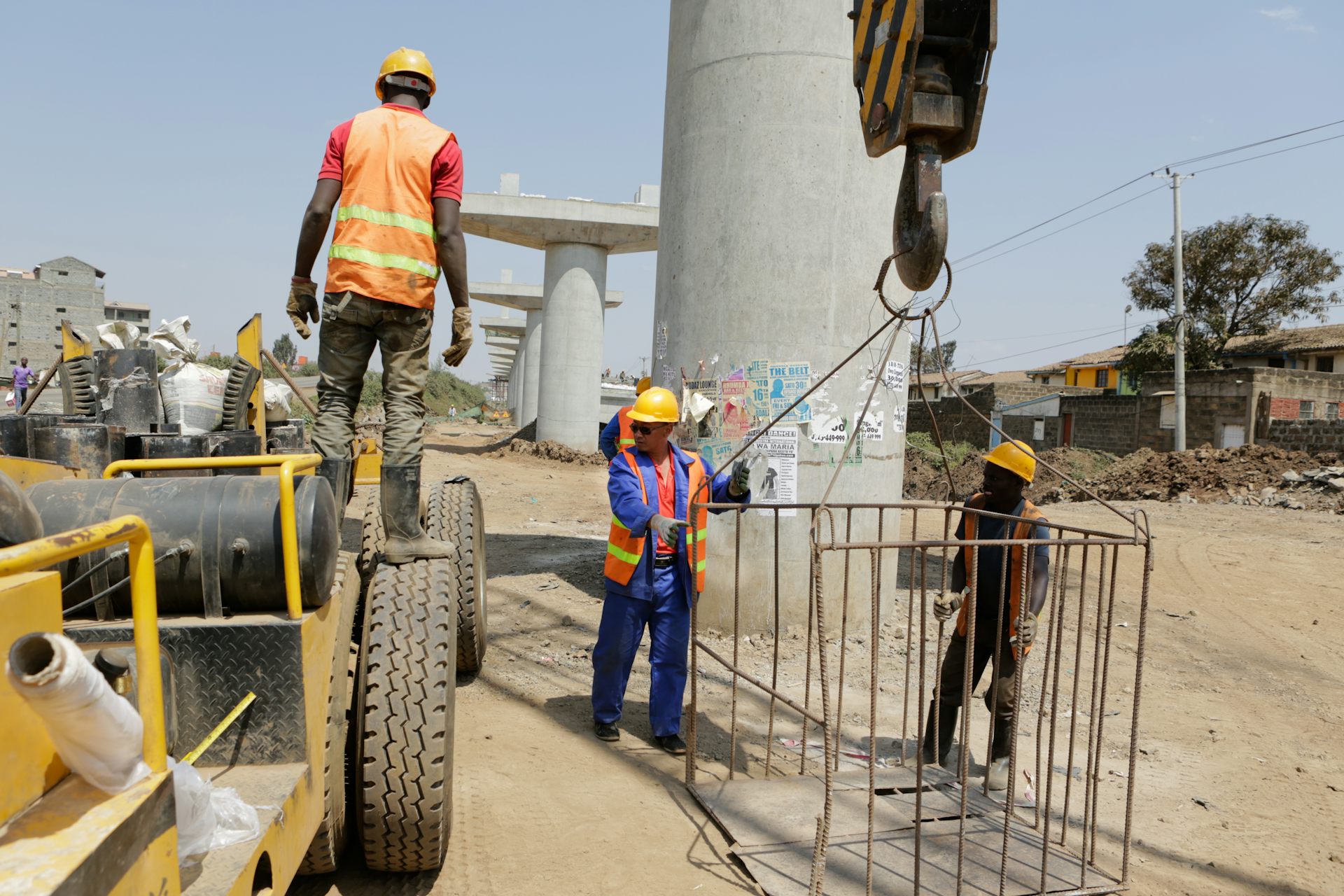The link between climate change and migration has gained both academic and public interest in recent years. Many studies have found that environmental hazards affect migration. But the links are nuanced and depend on the economic and sociopolitical conditions in the respective regions of origin. So what causes people to move and where do they...
World
How Popular Is China in Africa? New Survey Sheds Light on What Ordinary People Think
It’s been 20 years since the Forum on China-Africa Cooperation was first held. Another summit is planned for September 2021 in Dakar, Senegal. Meanwhile, Chinese and African officials are reviewing and reflecting on their two-decade relationship. China’s growing engagement with Africa has had a positive, albeit uneven, effect on Africa’s economic growth, economic diversification, job...
COVID-19 Highlights Risks of Wildlife Trade
Many diseases, such as COVID-19, have made the jump from animals to people with serious consequences for the human host. An international research team, including researchers from the University of Göttingen, says that more epidemics resulting from animal hosts are inevitable unless urgent action is taken. In order to protect against future pandemics which might...
Global Analysis of Forest Management Shows Local Communities Often Lose Out
Maintaining forest cover is an important natural climate solution, but new research shows that too often, communities lose out when local forest management is formalised. The new study published in Nature Sustainability, led by Dr. Johan Oldepkop at The University of Manchester and Reem Hajjar at Oregon State University, is based on 643 case studies...
Better Health – for People and the Planet – Grows on Trees
Two of humanity’s biggest problems – the climate crisis and abysmal eating habits – can partly be solved by one healthy solution: eating more food from trees, specifically tropical ones. While global trends in agriculture and diets are not easily reversed, scientists say that creating incentives to grow and eat more mangos, avocados and Brazil...
The Dangers of Collecting Drinking Water
Collecting drinking water in low and middle income countries can cause serious injury, particularly for women, according to new research from the University of East Anglia. A new international study published in BMJ Global Health reveals dangers including falls, traffic accidents, animal attacks, and fights, which can result in broken bones, spinal injuries, lacerations, and...
Social Media Could Help Lagos Police Officers Fight Crime: Why It’s Not Happening
Social media platforms are increasingly being used to fight crime and pursue investigations. They offer a means for police departments to share information with the public. They also enable the police to engage and involve their communities in new and potentially transformative ways. The use of social media in global crime-fighting is extensive. Common uses...
A Loan for Lean Season
For farmers in rural Zambia, payday comes just once a year, at harvest time. This fact impacts nearly every aspect of their lives, but until now researchers hadn’t realized the true extent. Economist Kelsey Jack, an associate professor at UC Santa Barbara, sought to investigate how this extreme seasonality affects farmers’ livelihoods, as well as...
COVID-19 Vaccine Nationalism Could Cost World Up to $1.2 Trillion
Nationalistic behaviour by governments may exclude some countries from gaining access to COVID-19 vaccines and cost the global economy up to $1.2 trillion a year in GDP, according to a new study from the not-for-profit research organisation RAND Europe. If countries demonstrate ‘vaccine nationalism’ – prioritising their own citizens and insisting on first access to...
The Soft Power Concept of German Energy Foreign Policy
As part of its foreign policy, Germany hopes to promote energy transitions abroad through international energy partnerships. A new study by the Institute for Advanced Sustainability Studies (IASS) analyses these bilateral energy partnerships. Building on its reputation as an energy transition frontrunner, Germany is currently pursuing a soft power strategy aimed at winning over foreign...










